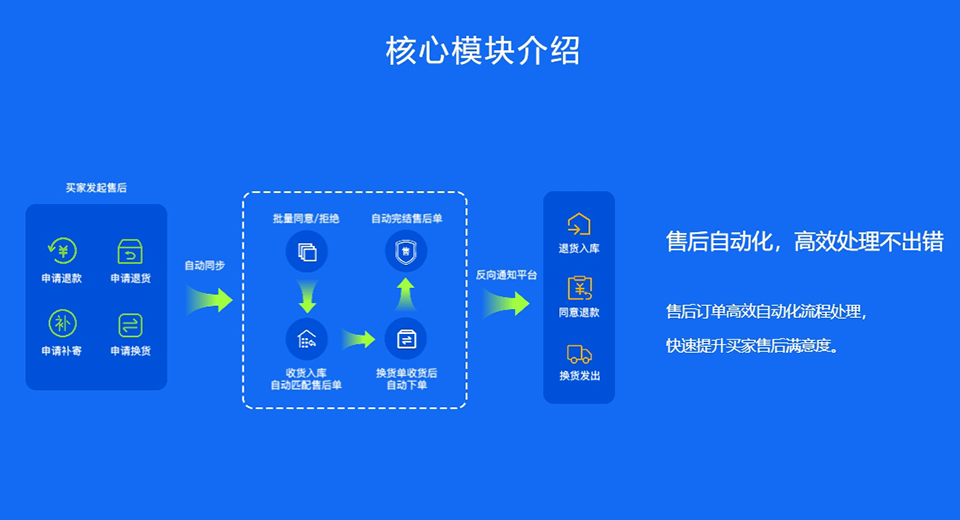
Introduction
In today’s fast-paced world, businesses are continually seeking ways to enhance efficiency and reduce operational costs. One of the most significant advancements in logistics and supply chain management is the intelligent warehouse system. This innovative approach integrates cutting-edge technology to optimize warehouse operations, addressing common challenges such as inventory management, order fulfillment, and labor costs. As the demand for faster delivery times and improved accuracy rises, understanding the importance of an intelligent warehouse system becomes crucial.
What is an Intelligent Warehouse System?
An intelligent warehouse system refers to a technology-driven approach that utilizes artificial intelligence (AI), machine learning, robotics, and data analytics to streamline warehouse operations. Unlike traditional warehouses that rely heavily on manual processes, intelligent systems automate various tasks, from inventory tracking to shipping logistics. The result is a more agile and responsive warehouse capable of adapting to changing market demands.
The Importance of Intelligent Warehouse Systems
Implementing an intelligent warehouse system is not just a trend; it’s a necessity for businesses aiming to stay competitive. These systems enhance operational efficiency by minimizing human error and optimizing resource allocation. For instance, AI algorithms can predict inventory needs based on historical data, ensuring that stock levels are maintained without overstocking. Additionally, automation reduces labor costs and improves safety by taking over dangerous tasks, allowing human workers to focus on more strategic roles.
How AI Technology Transforms Warehouse Operations
AI technology plays a pivotal role in the functionality of intelligent warehouse systems. By analyzing vast amounts of data, AI can identify patterns and trends that human operators might overlook. For example, AI can optimize pick paths in a warehouse, reducing the time workers spend retrieving items. Moreover, predictive analytics can forecast demand, enabling warehouses to adjust their inventory accordingly. This proactive approach not only enhances efficiency but also improves customer satisfaction by ensuring timely deliveries.
Challenges and Considerations
While the benefits of intelligent warehouse systems are substantial, there are challenges to consider. The initial investment in technology can be significant, and businesses must also ensure that their workforce is adequately trained to use these systems. Additionally, data security is paramount, as warehouses handle sensitive information regarding inventory and customer orders. Addressing these challenges is essential for a successful transition to an intelligent warehouse system.
Conclusion
In summary, intelligent warehouse systems represent a revolutionary shift in how businesses manage their logistics and supply chain operations. By leveraging AI and automation, these systems not only improve efficiency and reduce costs but also enhance customer satisfaction. As the logistics landscape continues to evolve, investing in intelligent warehouse systems will be crucial for businesses aiming to thrive in a competitive environment.
Frequently Asked Questions
1. What are the key components of an intelligent warehouse system?
Key components include AI technology, robotics, IoT devices, and data analytics tools that work together to optimize operations.
2. How can AI improve inventory management?
AI can forecast demand, track inventory levels in real-time, and automate reordering processes, reducing both overstock and stockouts.
3. What are the cost implications of implementing an intelligent warehouse system?
While the initial investment can be high, the long-term savings from improved efficiency and reduced labor costs often outweigh these costs.
4. How does automation affect warehouse jobs?
Automation can lead to job displacement; however, it also creates opportunities for workers to take on more strategic roles that require human oversight.
5. What future trends can we expect in intelligent warehouse systems?
Future trends may include greater integration of AI, enhanced robotics capabilities, and more sophisticated analytics tools to further streamline operations.
Article Editor: Xiao Yi, from Jiasou AIGC
版权声明:本文内容由网络用户投稿,版权归原作者所有,本站不拥有其著作权,亦不承担相应法律责任。如果您发现本站中有涉嫌抄袭或描述失实的内容,请联系我们jiasou666@gmail.com 处理,核实后本网站将在24小时内删除侵权内容。